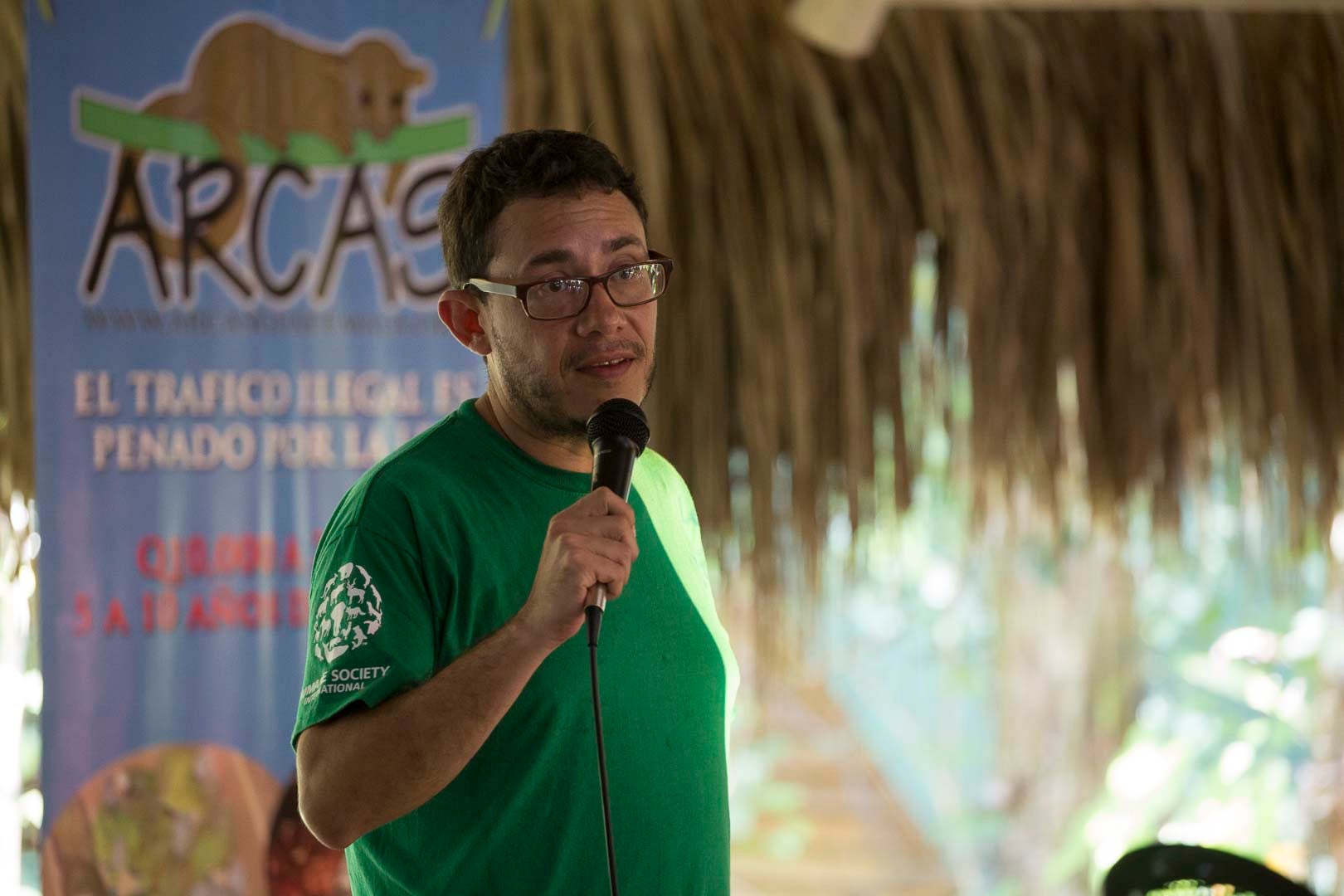
AGUASCALIENTES, Mexico—Humane Society International/Mexico, in partnership with the Centro de Ciencias Agropecuarias at the Universidad Autónoma de Aguascalientes (UAA), recently completed a pioneering spay/neuter training program for 14 government veterinarians in Aguascalientes. This hands-on program, the first of its kind in Mexico, was designed to equip veterinary professionals with the advanced surgical skills needed for high-volume sterilization campaigns across the state.
As part of a pilot program under the train-the-trainer model, three UAA veterinarians received training at HSI’s top-tier veterinary training center in La Paz, Bolivia. After an intensive three-week course, they gained the skills necessary to become trainers themselves. The trainees, who are part of government agencies already conducting large-scale spay/neuter campaigns, included 10 veterinarians from the ISSEA (Aguascalientes Health Department), two from the city’s Canine Control Center, and two from PROESPA (the Aguascalientes Environmental Agency). This initiative aims to enhance surgical skills and provide additional tools for local veterinary teams to perform humane and efficient spay/neuter surgeries.
Bárbara Morales, companion animals and engagement manager at HSI Mexico and program leader in Aguascalientes, highlighted the significance of this initiative: “This training marks a major step forward in our efforts to control companion animal populations in Aguascalientes. By building local capacity in high-quality, high-volume sterilization procedures, we are making a lasting impact on animal welfare and public health.”
The course blended theory and practice, incorporating international best practices to ensure trainees gained the skills needed for safe and effective sterilization campaigns. In late November, the UAA-trained veterinarians participated in feedback sessions led by the Bolivian trainers who initially trained them.
The Bolivian team’s feedback provided valuable insights to help improve the program for future trainings. This collaboration exemplifies the ongoing partnership between Latin American countries facing similar companion animal welfare challenges.
Dr. Claudia Edwards, program director at HSI Mexico, emphasized the long-term benefits: “Spay/neuter surgeries are crucial for reducing the overpopulation of dogs and cats and preventing the suffering of stray animals. This training improves animal health and welfare, strengthens the human-animal bond, reduces the burden on shelters, and helps lower the number of animals surrendered to the Canine Control Center.”
HSI’s Latin America Veterinary Training Program, launched in 2014, has trained over 300 veterinarians across the region, focusing on humane, high-volume, low-cost sterilization techniques. The program’s mission is to enhance the human-animal bond by providing veterinarians and veterinary technicians with the skills needed to perform safe and effective spay/neuter surgeries, thereby reducing the population of unwanted animals and contributing to healthier communities.
ENDS
Media contact: Magaly Garibay: (+52 55) 5211 8731; mgaribay@idee.agencia



